People and culture make difference in Luxury Tourism Industry
(VIR) Corporate culture serves as the foundation for travel operators to capitalize on the market. Establishing a positive corporate culture characterized by professionalism and dedication will enhance the competitiveness of travel agencies and operators, thereby facilitating the exploration of the luxury tourism segment.
During the initial days of the Lunar New Year, travel agencies and tour operators witnessed a continuous influx of hundreds of thousands of international visitors to Vietnam, marking a significant opportunity for the local tourism industry. Notably, in the first two months of the year, Vietnam welcomed numerous travelers arriving on land-based luxury cruise lines operated by Royal Caribbean Group, Hapag-Lloyd Cruises, Crystal Cruises, and others. Each international vessel brought thousands of affluent guests, signaling a promising year ahead for Vietnam’s tourism sector.
To capitalize on these opportunities, tourism companies are boosting morale by offering enticing tourist products, including golf tours and luxury cruise ship travel packages. Moreover, they are diversifying into potential tourism models such as healthcare tourism and duty-free outlets, which promise high returns and enhance Vietnam’s tourism competitiveness in the region.
Nguyen Trung Khanh, General Director of the Vietnam National Administration of Tourism, remarked, “The tourism industry is gaining momentum in the post-Covid-19 pandemic era. However, the pandemic has reshaped tourists’ demands, leading to the emergence of new tourism trends and product lines tailored to market needs.“
“In this context, corporate culture assumes greater importance as it differentiates travel businesses and shapes their brand identity. A robust corporate culture serves as the cornerstone for tourism businesses to rebound and thrive,” Khanh emphasized.
Pham Ha, founder of LuxGroup (https://www.luxgroup.vn), a luxury travel and tourism company, stressed the pivotal role of corporate culture in shaping the image and operations of travel companies, particularly in the high-end segment. He underscored that a strong corporate culture influences employees’ work ethics, customer interactions, and responsiveness to their needs.
“To foster a corporate culture in tourism activities, business leaders must articulate a clear and enduring vision of corporate values and communicate it effectively to all employees. This fosters alignment and provides a guiding framework for the company’s endeavors,” Ha asserted.

Ha further emphasized the importance of cultivating a positive, collaborative, and transparent work environment, fostering cooperation, respect, and fairness among team members. He emphasized the significance of service quality, highlighting that customer satisfaction directly impacts the company’s success and employees’ remuneration.
As Vietnam’s tourism revenue increasingly depends on attracting high-spending tourists, building a robust corporate culture becomes a paramount mission for travel agencies and operators. This aligns with Vietnam’s tourism development strategy for 2030, which prioritizes premium tourism services over general offerings, catering to tourists with higher budgets and longer stays.
While the premium tourism segment presents significant opportunities, Vietnam is still in the nascent stages of its development. To tap into this segment effectively, businesses must understand market demands, trends, and tourists’ preferences.
“High-spending visitors represent a small percentage of Vietnam’s total tourist arrivals, yet their spending potential far exceeds that of traditional visitors. Catering to high-end customers requires professionalism and dedication embedded within the corporate culture. Failure to cultivate such values may result in the loss of this lucrative tourist segment,” Ha concluded.

